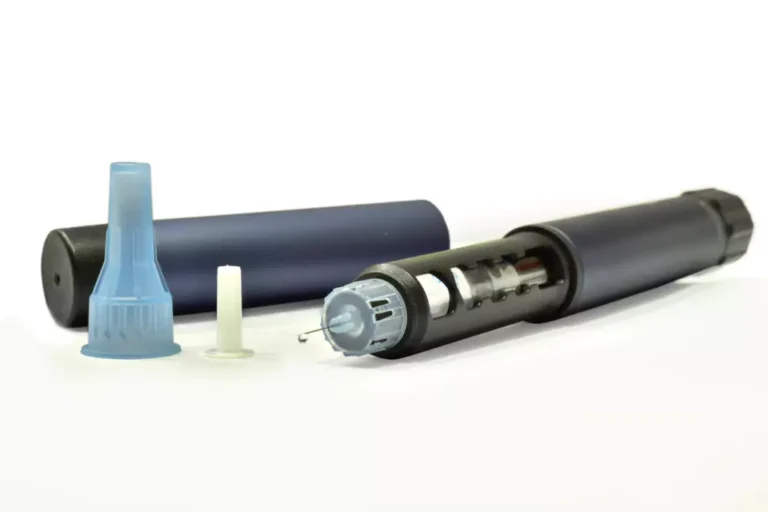
Baxter, a global leader in nutrition therapy, announced the U.S. FDA’s approval of an expanded indication for Clinolipid (Lipid Injectable Emulsion) for use in pediatric patients, including preterm and term neonates. Clinolipid, Baxter’s proprietary mixed oil lipid emulsion, provides essential calories and fatty acids via parenteral (intravenous) nutrition (PN) when oral or enteral nutrition is not feasible, insufficient, or contraindicated. Available in the U.S. for adults since 2019, Clinolipid is now approved for all age groups.
“Improving patient outcomes inspires our work every day, and we are proud to continue to address the unique nutritional needs of neonatal and pediatric patients through innovative products and therapies,” said Cecilia Soriano, president of Baxter’s Global Infusion Therapies and Technologies division. “Expanding access to Clinolipid for this critical and vulnerable patient population offers clinicians versatility in choosing the product that best meets their patients’ needs when it matters most.”
A Mixed Lipid Emulsion with Unique Characteristics
Parenteral nutrition is crucial for treating and reducing malnutrition risk. In the U.S., about 40% of PN recipients are under 18 years old. Intravenous lipid emulsions (ILEs) provide essential calories and fatty acids for patients unable to consume adequate nutrition orally or enterally. Recent years have seen a shift from 100% soybean oil lipid emulsions to mixed lipid emulsions. Clinolipid, containing 20% soybean oil and 80% olive oil, has the lowest soybean oil content of any mixed ILE in the U.S.
With over 150 million doses administered worldwide, Clinolipid has proven to be a safe and effective energy source and essential fatty acids for growth and development in neonatal and pediatric patients. Clinolipid:
- Is rich in omega-9 oleic acid, prevalent in human breast milk.
- Minimizes post-natal arachidonic acid level declines.
- Is supported by extensive PN admixture stability.
Clinolipid is now available for order in the U.S. For more information about Baxter’s clinical nutrition portfolio, click here.
About Baxter’s Global Clinical Nutrition Business
Baxter offers a wide range of clinical nutrition products, including metabolic monitors, automated nutrition compounders, and parenteral nutrition solutions. These tools enable clinicians to measure accurately, mix with control, and nourish effectively, supporting various acute and alternate care settings.
About Baxter
Millions of patients, caregivers, and healthcare providers rely daily on Baxter’s extensive portfolio of diagnostic, critical care, kidney care, nutrition, hospital, and surgical products. Operating at the intersection of lifesaving innovations and healthcare provider needs for over 90 years, Baxter continues to advance transformative healthcare innovations. For more information, visit www.baxter.com and follow us on X/Twitter, LinkedIn, and Facebook.
Indication
CLINOLIPID injection is indicated for adults and pediatric patients, including term and preterm neonates, as a source of calories and essential fatty acids for PN when oral or enteral nutrition is not possible, insufficient, or contraindicated.
Important Risk Information
CLINOLIPID injection is contraindicated in patients with:
- Known hypersensitivity to egg, soybean, peanut, or any active or inactive ingredients.
- Severe lipid metabolism disorders characterized by hypertriglyceridemia (serum triglycerides >1,000 mg/dL).
Rapid infusion in neonates and infants can lead to acute respiratory distress, metabolic acidosis, and death. Monitor the ability to eliminate infused lipids, measuring serum triglycerides and plasma free fatty acid levels. If clearance is poor, stop the infusion and evaluate medically.
Parenteral Nutrition-Associated Liver Disease (PNALD): Increased risk in patients receiving PN for over two weeks, especially preterm neonates. Monitor liver tests and consider discontinuation or dosage reduction if abnormalities occur.
Hypersensitivity Reactions: Monitor for signs or symptoms and discontinue infusion if reactions occur.
Risk of Infections, Fat Overload Syndrome, Refeeding Syndrome, Hypertriglyceridemia, and Essential Fatty Acid Deficiency (EFAD): Monitor for signs and symptoms and laboratory parameters. Use aseptic techniques for catheter placement, maintenance, and CLINOLIPID preparation and administration. Stop infusion if fat overload syndrome signs occur. Closely monitor nutrient intake in severely malnourished patients to prevent Refeeding Syndrome. Measure serum triglycerides before and during treatment. Stop infusion if triglyceride levels exceed 400 mg/dL in adults to avoid hypertriglyceridemia consequences. Assess individual fatty acid levels if EFAD diagnosis is inadequate with the triene to tetraene ratio.
Aluminum Toxicity: Increased risk in patients with renal impairment, including preterm neonates. CLINOLIPID injection contains no more than 25 mcg/L of aluminum.
Common adverse reactions (≥5%) in adults include nausea, vomiting, hyperlipidemia, hyperglycemia, hypoproteinemia, and abnormal liver function tests. In pediatric patients, common adverse reactions (≥5%) include hyperbilirubinemia, patent ductus arteriosus, anemia, gastroesophageal reflux disease, bradycardia, feeding intolerance, neonatal intraventricular hemorrhage, increased alkaline phosphatase, atrial septal defect, hyponatremia, sepsis, and infantile apnea.
The anticoagulant activity of coumarin derivatives, including warfarin, may be counteracted.




